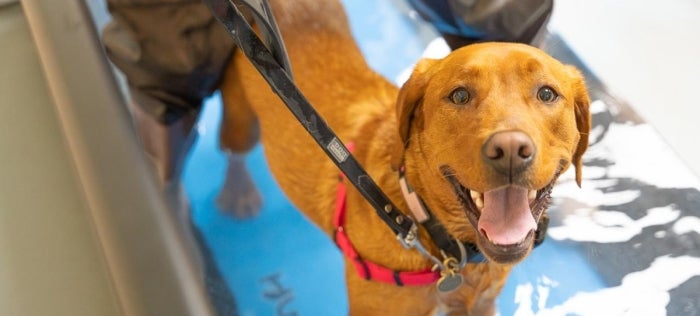Shaping the agenda for action on sustainability by philanthropy
The United Nations predicts our global population will hit nine billion people by 2050. And although issues about global food supply are hot topics in popular culture, academia, and industry, when it comes to putting sustainability into practice, we all still have a lot to learn.
“When modern astronomy was getting discovered in the late dark ages, we were figuring out that the earth was not the center of the universe,” said Tom Tomich, founding director of UC Davis’ Agricultural Sustainability Institute and WK Kellogg Endowed Chair in Sustainable Food Systems. “Now, it’s almost like we’re at that stage with sustainability. We’re still figuring out what some of the basic issues and mechanisms are.”
In a field where the need to accelerate knowledge is urgent, Tomich finds that being at the starting line is just as exciting as it is humbling. In fact, he feels that he has the best academic job in the US, since he works at one of the world’s leading institutions in agricultural sustainability and, as such, his research has the potential to have a massive effect on how agriculture and the food industry all over the world respond to some of the most pressing issues of our time.
“Feeding the world is not about growing a bigger pile of corn,” Tomich said. “It’s about advancing knowledge about how everybody can produce more with a smaller environmental footprint. So I don’t think we should think of it as how can we feed the world. Instead, how can UC Davis contribute to everyone in the world being able to feed themselves?”
Tomich believes his leadership largely is made possible by the endowed chair, which gives him the agility to act on ideas for path-breaking collaborative projects as they arise.
“The Kellogg endowment enables me to be more of a thought leader and to shape the agenda in response to the needs of our partners in California,” he said. “About a third of the budget of the Agricultural Sustainability Institute comes from competitive grants and soft money, and that’s really important, but those are responses to requests for proposals that were priorities from somebody else—often far from California realities. And maybe they’re ideas from 10 years ago that finally came up through a bureaucracy somewhere. Well, for us, we’ve got to be thinking 20 years out, not 10 years back.”
Leading the way toward a sustainable future
In addition to UC Davis’ long-established expertise in agricultural sustainability, Tomich noted that the university is uniquely positioned to be a global leader on these issues because of its ideal location.
UC Davis’ placement in one of the nations’ most agriculturally rich areas combined with its proximity to the Silicon Valley provides enormous opportunity for innovation in sustainable agriculture, such as sensors that can monitor personal nutrition, water and nutrients in soil, and more. For example, Russell Ranch, a program managed by UC Davis’ Agricultural Sustainability Institute, has partnered with NASA to help develop satellite-born sensors that forecast crop yields and food supply.
“With this NASA project, we’re participating directly in this innovative process, creating the next wave of information, which spans everything from the private realm of my own decisions about exercise and diet to the policy realm of how do we manage uncertainty in an era of climate change,” Tomich said.
Preparing the next generation of leaders in sustainability
Tomich’s new co-authored book, The California Nitrogen Assessment: Challenges and Solutions for People, Agriculture, and the Environment, funded in part by the Kellogg endowment and launched with a major gift from the David and Lucile Packard Foundation, uses California as a prototype for the rest of the world, linking science with action and aiming to produce information that affects both state policy and long-term sustainability practices.
Tomich also helped create the sustainable agriculture and food systems major at UC Davis, which offers students ample hands-on experience in addition to lecture and lab courses. Tomich teaches the major’s capstone course, where students work in groups to solve a problem faced by a real-world client.
“The capstone is actually a course I taught at the Kennedy School at Harvard University,” Tomich said. “I did it for mid-career graduate students. And my UC Davis undergraduate seniors are doing this now—and they’re fantastic!”
Hands-on experience offers students an edge in their careers after graduation, and it also helps speed up the advancement of sustainability practices by better preparing the next generation of researchers, activists, and practitioners. Tomich noted that his students wouldn’t graduate with the skills they need to tackle these pressing issues without philanthropy.
“About a third of the institute’s funding comes from California taxpayers, but the reality is that we’re never going to be able to grow fast enough to produce the solutions we need just based on public money,” he said. “So that’s why philanthropists who are willing to support sustainability science in the public interest are so important. Because a lot of the challenges are faced as a society. So we need partnerships with people who care about public policy and science in the public interest.”
Watch these videos to learn more:


